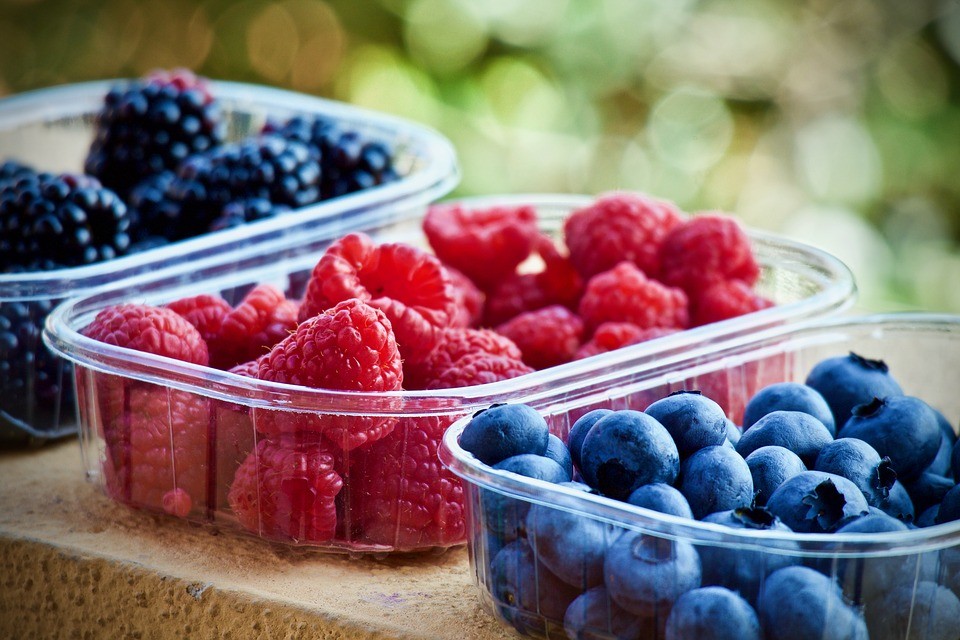
Without noticing, there are many short-chain products in the supermarket, more than many people think. Jan Willem van der Schans, researcher at Wageningen University and Research, has done research on this subject. According to him, there are many short chains in the Netherlands that are not profiled as short chains. "A few years ago, research was carried out into the route taken by milk from Central Delfland from the farmer to the supermarket. It turned out that a lot of milk in supermarkets in Rotterdam comes from Midden Delfland via the factory in the Spanish Polder industrial area. In other words, from the region, without this being visible."
At the end of July 2019, Van der Schans published a study on short chains in the province of Gelderland based on the Agricultural Census 2017. It was concluded that fruit and vegetable companies in particular have the most short chains. The sectors that are lagging behind are the meat and dairy sectors. This is due to the fact that relatively few operations between production and consumption can more easily be carried out via short chains.
It has also been discovered that the organic sector in the Netherlands focuses on the long chain. Companies with expanded activities are apparently not always able to use the more direct contact with consumers to increase their turnover through the short chain. Widened farms also focus more on the long chain.
The researcher recently responded to the Lower House letter from Minister Schouten of LNV about more regional products in supermarkets. Van de Schans indicates that certification can be a stumbling block for many initiatives. Food safety requirements are the same for short- and long-chain products. The researcher finds this illogical, because short chains must ensure that products reach the supermarket more quickly. According to him, the control methods should be different as far as the short chain is concerned.
Source: © Wageningen University & Research, Agraaf